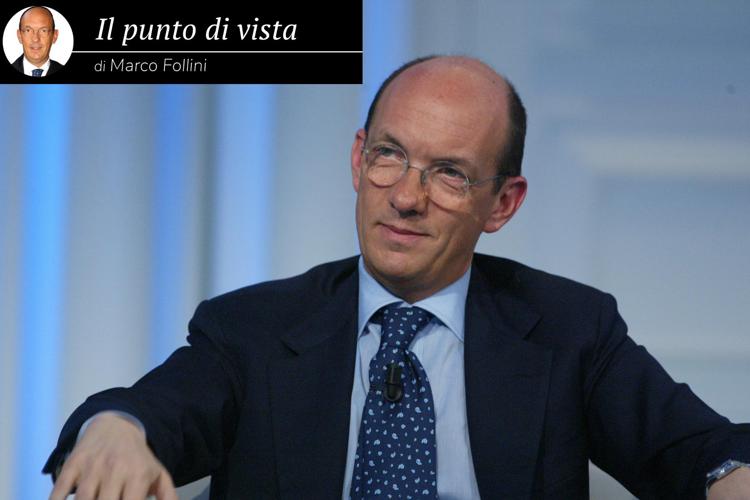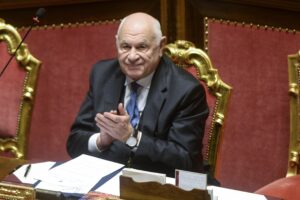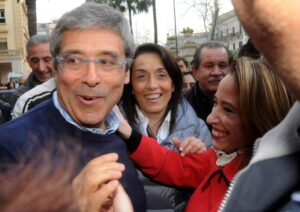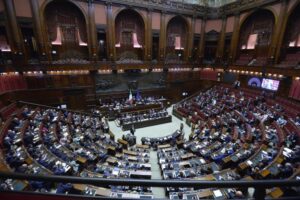La visione di Follini su Napolitano: un’analisi per un pubblico di età compresa tra i 25 e i 60 anni

Giorgio Napolitano made history as the first communist leader to visit the United States, the first to be chosen as head of state, and the first president to be reluctantly reelected for a second term.
His presidency was earned through his qualities. Prior to that, he had been the president of the Chamber of Deputies and the Minister of the Interior, and both times he received recognition beyond his own party. It was a curious paradox that his defeats ultimately led to his success. As an unconventional communist, he was often defeated within his own party, less assertive and dogmatic than many of his comrades. However, this made him more appealing to a broader audience. It confirmed once again that reaching the Quirinale Palace is easier when one has faced setbacks rather than a string of overwhelming successes.
Napolitano’s destiny was that of a minority. He was a minority as a leader and a member of the Communist Party, a force that was confined to an opposition role due to geopolitical circumstances and the votes of the electorate. He was also a minority within his own party, advocating in vain for dialogue with the socialists when most of the party’s leadership believed they could overpower Craxi in a fierce battle. In the troubled context of recent years, as the country slid further into populism, Napolitano found himself in the minority again. Despite his diminishing success in trying to shake up and support the parties towards the reforms that would never come to fruition.
It is a curious fate indeed. Facing difficulties for opposite reasons, both among the people and in the palace. Napolitano confronted these challenges with constitutional scrupulousness, never failing in his duties or the rules of the system. However, one can sense a certain bitterness that his reserve prevented him from expressing too vehemently.
I often wondered how those two lives coexisted within him. The life of a political leader dedicated to animating controversy, and the life of an institutional figure called upon to mend the controversies of others. It can be said that he kept them well separated, as was his duty. But it is also likely that this duty left a note of slight, perplexed bitterness within him.
The fact is that the head of state is always in a delicate balance. They cannot remain too isolated or disdainful of the crowd, as they risk preaching in the desert. But they cannot become entangled in everyday politics, nor be assimilated into a daily routine that would become their own trap.
Napolitano faced these challenges and risks by maintaining this delicate balance. In 2011, he led politics towards Monti and his emergency government. And in 2013, he attempted to guide Parliament towards the outcomes of a long-awaited and long-suspended reform. In both cases, he relied on the party that felt closest to him, the Democratic Party. The success of the first endeavor reluctantly led him to a second term. But perhaps it made it more difficult for him to accomplish the second endeavor. This ultimately led him to voluntarily shorten his second, challenging term.
Now that the curtain falls on his life, there will be an opportunity to reflect on his figure and the years in which he played a prominent role. However, it is important to remember that in the history of a complex and great democracy like ours, there is never a deus ex machina who single-handedly governs political processes. Each individual is always a product of their time more than its author. This applies to Giorgio Napolitano as well, who was a protagonist in a story that future generations will eventually have to carry forward.











